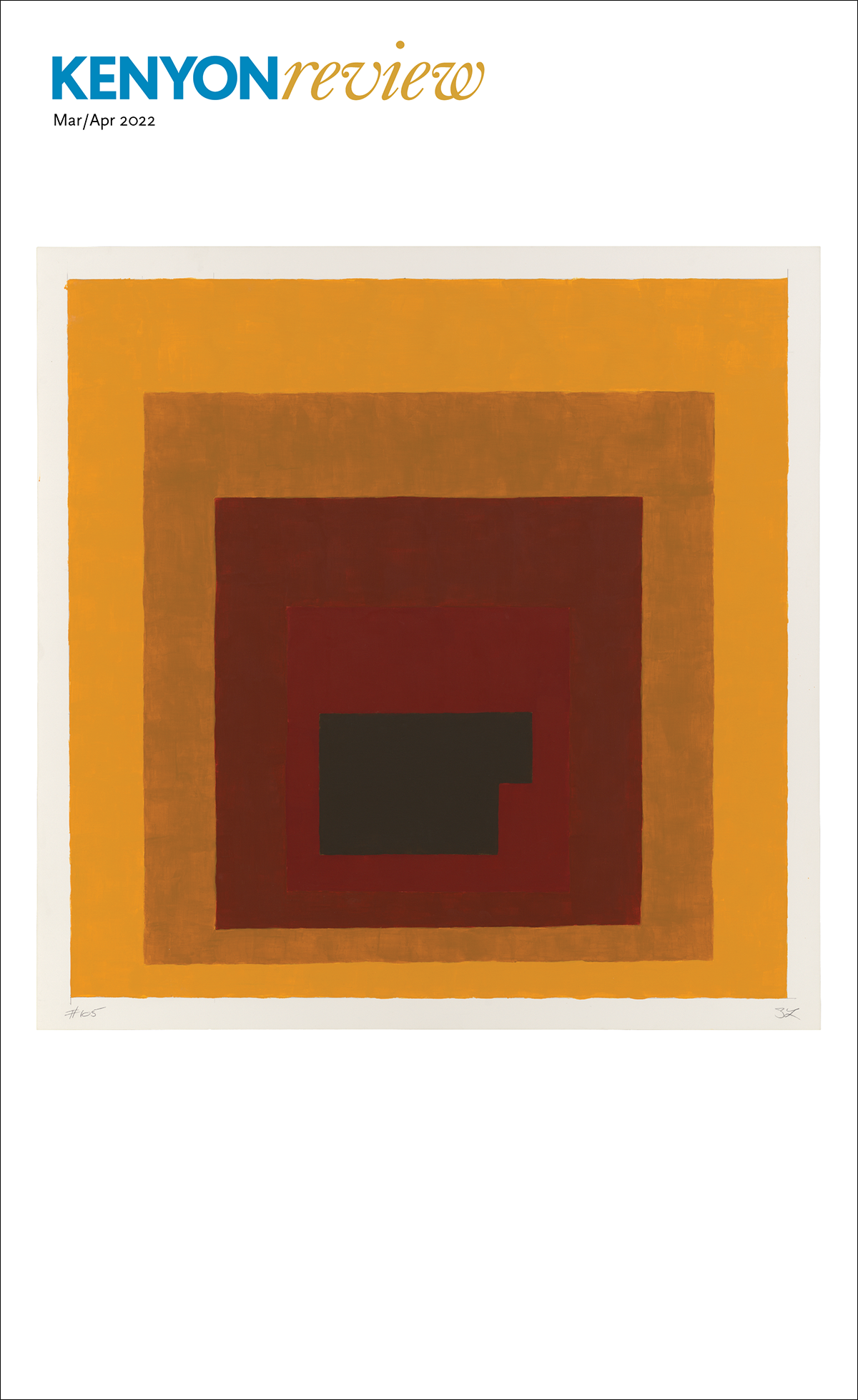“Anaheim”
The year came to an end as it always did, a deafening train blowing your hat off as it sped past your station. Alex hadn’t taken time off in years. He was forty-two, and he felt like everything that was going to happen in his life had happened now, and the rest would just be waiting.
He had resolved to quit translation, not because he thought another kind of job might make his life more interesting but because he didn’t have the strength to go on. He’d done Mexican short-story collections and Spanish graphic novels, Colombian exhibit labels, websites for Peruvian hotels and a copper producer in Chile, annotated maps of the Andes and a coffee-table book about Lake Titicaca, subtitles for war movies and soap operas, exposés, financial statements, liner notes for classical albums, sex columns, NGO presentations on maternal and child health care in Nicaragua and Honduras, and six books by Juan Pablo (J. P.) Puerta: four novels, one memoir, and one historical analysis of the military dictatorship in Argentina. Alex had always assumed his translations of J. P. Puerta would rescue him from obscurity, but none of them, not even Whither the Wind, ever had.
He had two cats, and he spent New Year’s Eve with them. They—their names were Salt and Pepper—liked to stay up late every night, so to make it special for them he had to resort to freeze-dried shrimp. At midnight, he turned on the TV and popped off the cap of a bottle of beer. He loved that feeling of prying things open: it was why he had become a translator, that and the fact that his mother was from Uruguay and he had grown up bilingual.
At one in the morning, he took off his sweatpants and hung them over the chair at his desk. Salt and Pepper had ripped its vinyl upholstery off and chewed it up and spit it out and left it in wet gnawed flakes all over the bedroom. Alex had covered the chair up with a beach towel his ex-girlfriend had forgotten to take.
He got into bed and understood that he was free. Never again would he FaceTime with J. P. Puerta about this or that correction imposed by the imperialist editors of New York. Never again would he have to write three words in his translation where there was only one in the original, or vice versa, feeling like a bad businessman. He was through. He’d get an office job. It didn’t matter.
Salt and Pepper woke him up at six for breakfast, and he checked his email on his phone. He’d been awarded the Simpson Calibre Prize, a remuneration given annually to six artists of exceptional promise to promote the pursuit of humanism in the creative arts. The prize was worth $125,000. Alex’s stomach sank.
He went into the bathroom and turned on the light but then remembered that the mirror had fallen out of the medicine cabinet a few weeks earlier, so instead he held up his phone and scrutinized his pocket-sized face, squinting. His resolution was irrevocable. If the award meant an unpleasant discussion with Puerta after the announcement was made, so be it. He could move from LA to the Ozarks or back to Kentucky and live off that money while he figured out what to do next. There were already wrinkles sprouting around his eyes. Later he would wonder why he never thought to turn it down, but he didn’t. He just sat on the middle cushion of the couch and waited for Salt or Pepper to come and nuzzle him or jump on his genitals while he reread the email, making it bigger and small and bigger again with his fingers.
“It is our hope that this year’s Simpson Calibre Prize will enable you to set aside the demands of daily life and do what you really want to do,” it said. But who knew what they really wanted to do?

